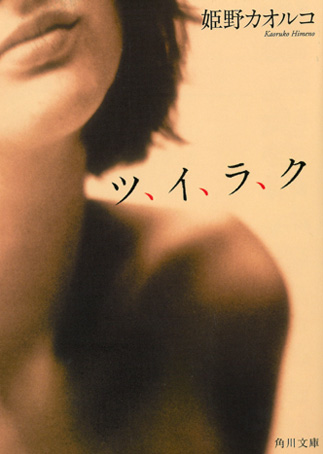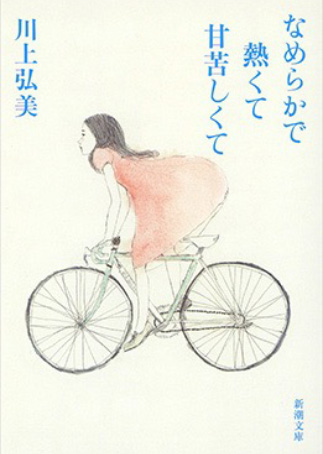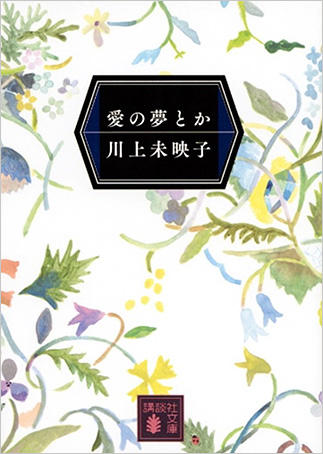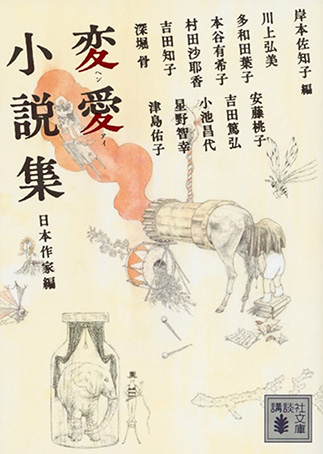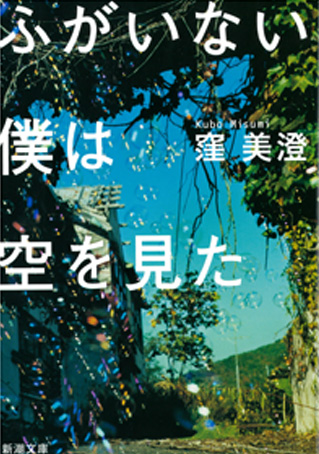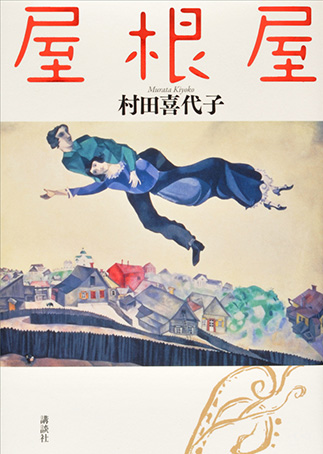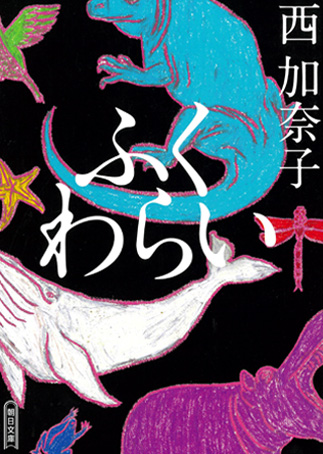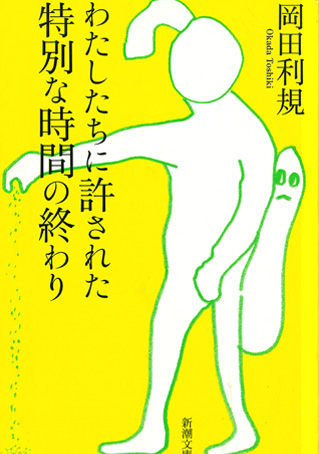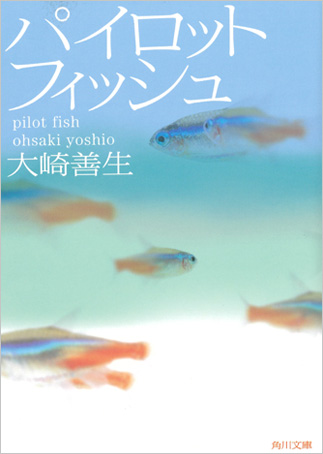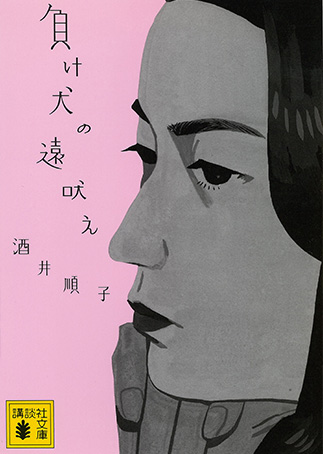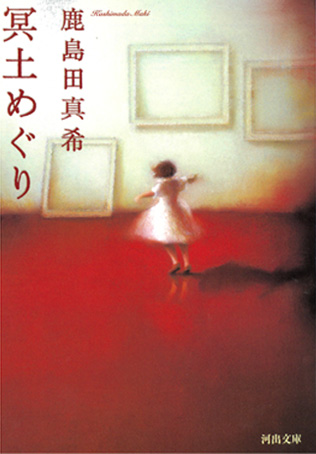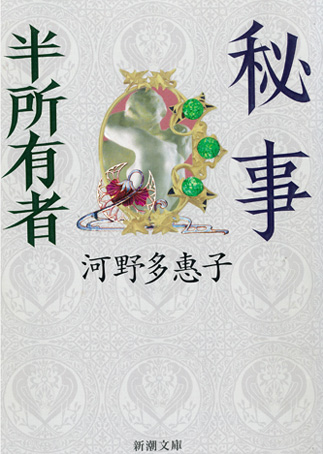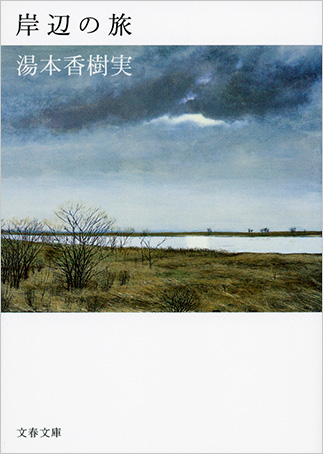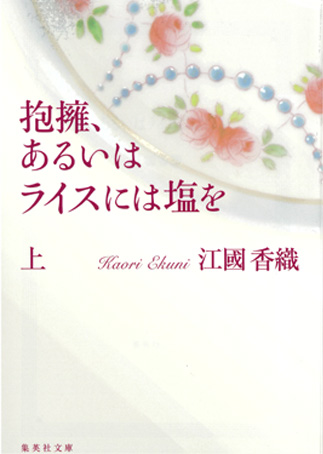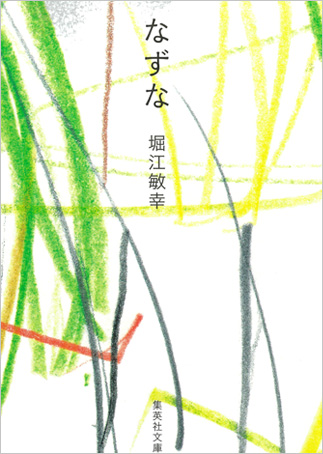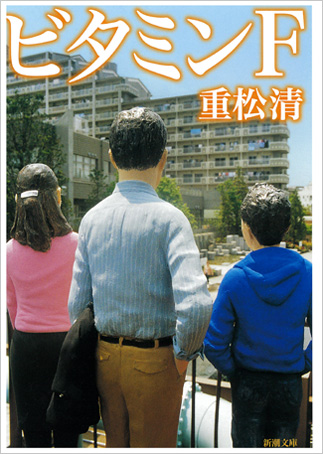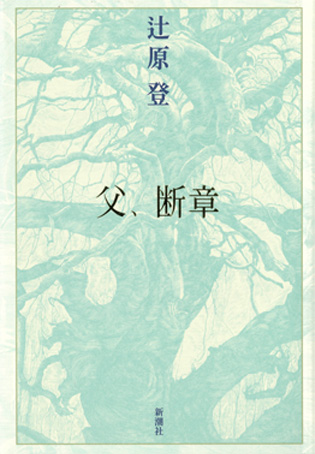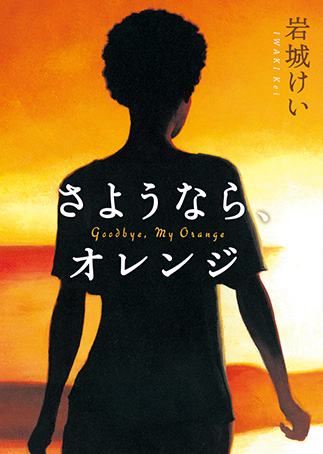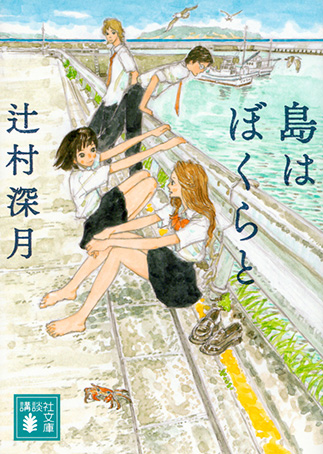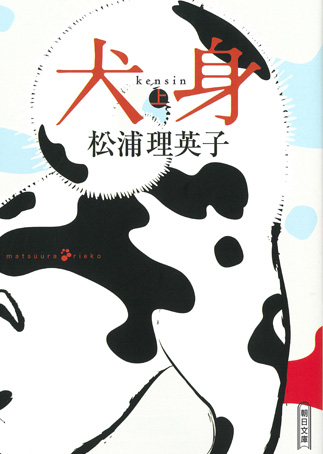Romantic love has been an important literary topic in Japan since ancient times. The Man’yōshū [trans. Collection of Ten Thousand Leaves], compiled from the second half of the seventh century until the eighth century, includes numerous striking love poems. Court literature in the Heian period (794–1185), epitomized by Genji monogatari [trans. The Tale of Genji], minutely depicts the varied forms of love between the people of the court, achieving a notable position in the history of world literature. The aesthetics of flirtation have come to establish themselves as the most alluring aspect of Japanese literature.
In the twenty-first century, a cloud seems to be hanging over that tradition. The growing apathy in young Japanese people’s attitudes to love is reported as a social problem, with much talk of the increasing number of “herbivore men” who are indifferent to sex. However, on the cutting edge of contemporary literature we can see that love remains a stimulating topic for authors, allowing for a diverse range of representation.
At the same time, writers are pursuing bold expression and thinking that go beyond the standard paths of love and romance by blurring gender boundaries, sharply criticizing male-centered concepts, and seeking liberation from sexual convention. There are stories of impulsive hookups between men and women who barely know each other, as well as of husbands and wives who go on loving even after one partner has passed away. There are portrayals of high school students’ extreme sexual behavior and of faint, platonic love between elderly protagonists. And naturally, apart from romantic love, the love within families, though buffeted by waves of change, continues to be an important theme for fiction.
This list presents books by authors of different generations and at different stages in their careers, from powerful debuts to the latest offerings by veteran writers. We have avoided making a distinction between “literary” and “popular” works in our efforts to select appealing and highly ambitious books. Clearly, we have not been able to include every important work, but we believe the books on our list sharply illuminate the reality of Japanese society and hold the power to extend the limits of literary expression. There are no works by Murakami Haruki, but this is simply because he already has an overwhelming level of international recognition. Readers will likely come to a vivid realization of the diverse brilliance of contemporary Japanese literature that lies hidden in the shadow of Murakami’s immense popularity. Ever evolving with the passage of time, love continues to breathe rich life into Japanese literature.
Nozaki Kan, Professor, University of Tokyo
December 2014


